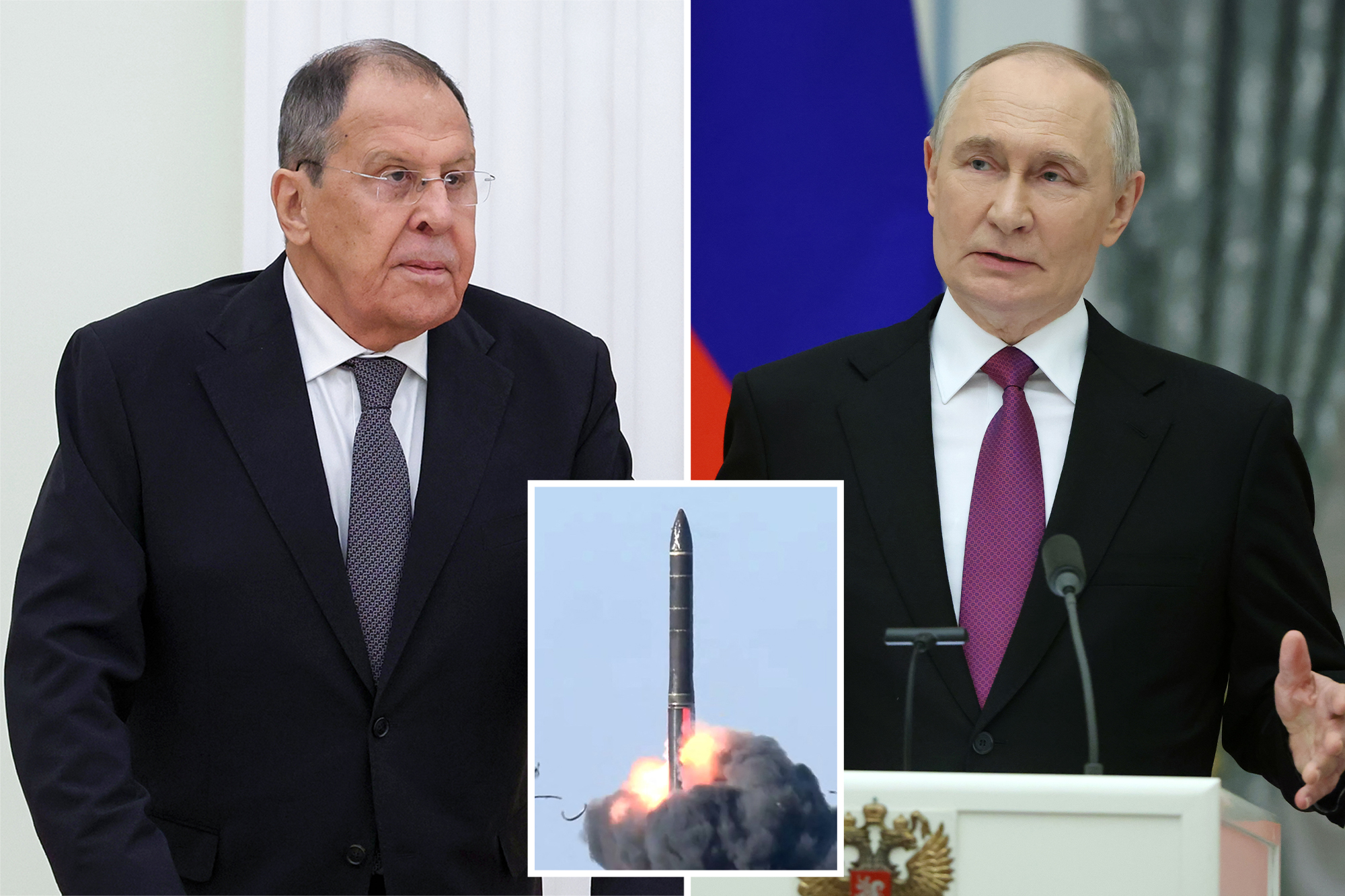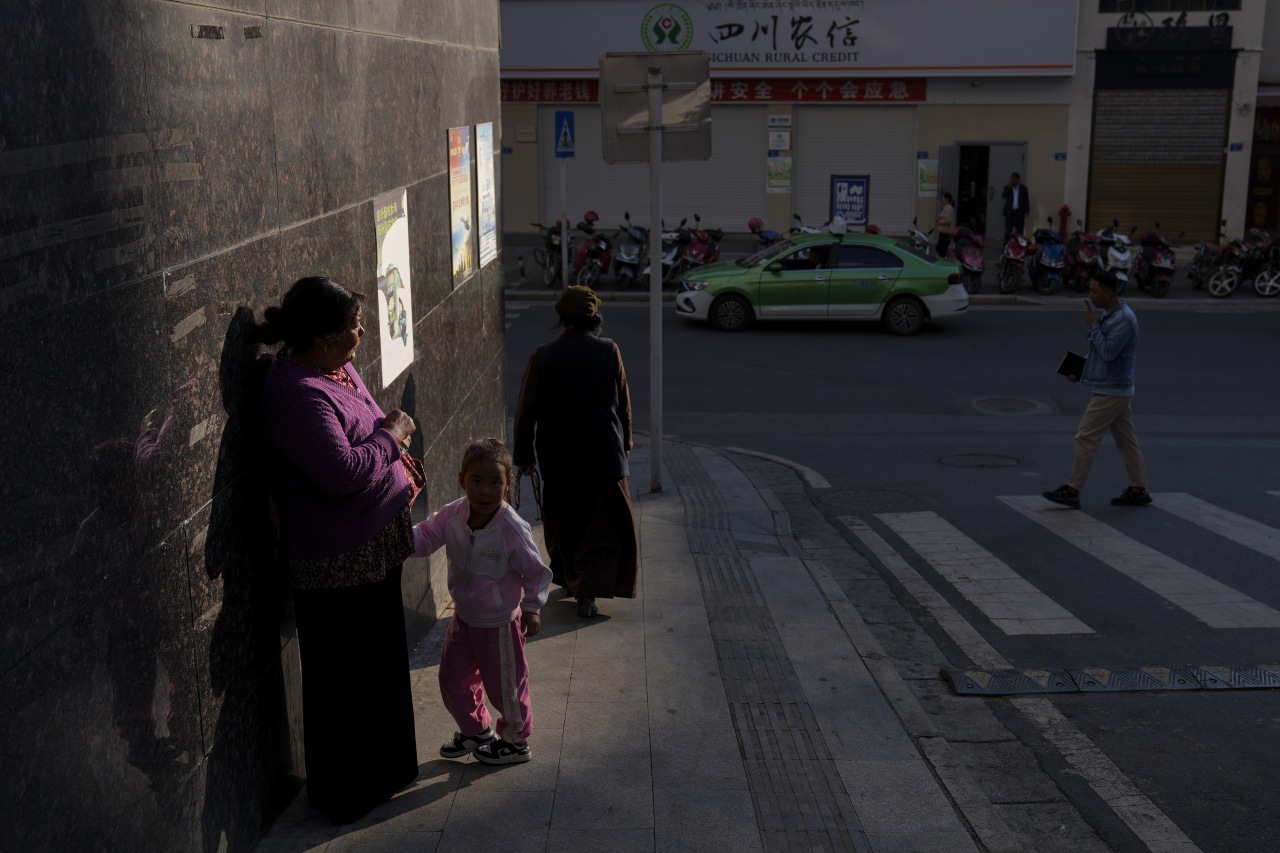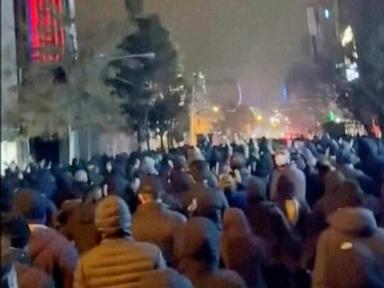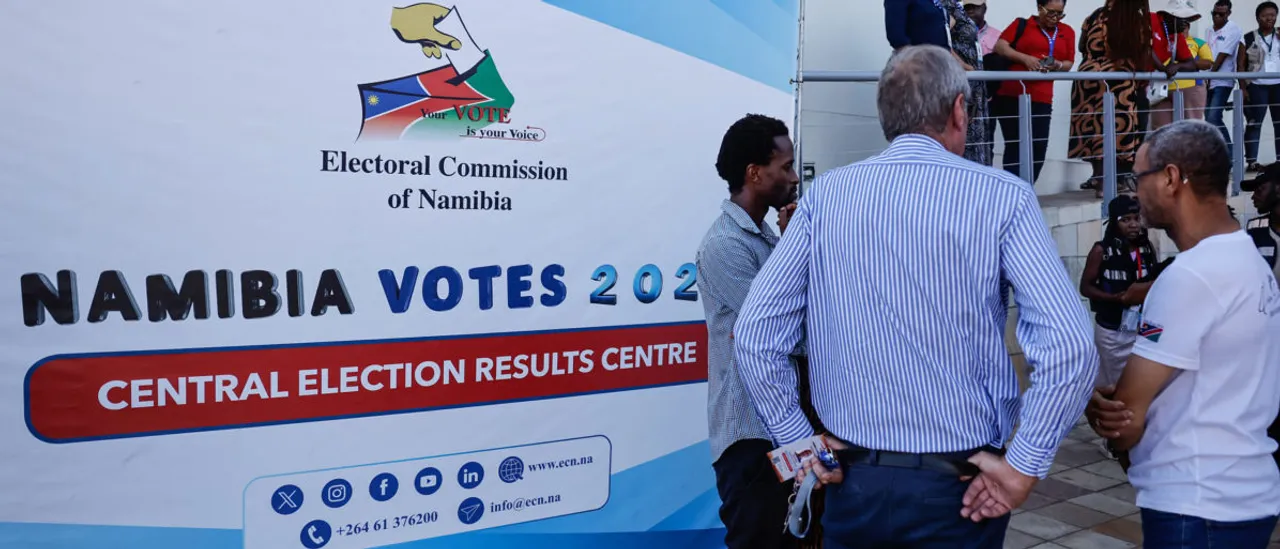Russian Foreign Minister Sergey Lavrov announced on Saturday that the Kremlin is developing proposals for nuclear weapons testing. This initiative aligns with Vladimir Putin’s orders, as reported by state media. The directive follows a surprising statement from Donald Trump, the former President of the United States, who suggested last week that the U.S. might resume atomic tests for the first time in three decades.
Lavrov confirmed that Putin’s instructions, issued during a Security Council meeting on November 5, 2023, are being implemented. “It has been accepted for implementation and is being worked on,” Lavrov stated to reporters, according to TASS. He assured that the public would be informed of the progress and outcomes of these proposals.
The Russian Foreign Minister indicated that there has been no clarification from the U.S. regarding whether Trump’s remarks pertained to testing nuclear weapons carriers or conducting subcritical tests. “Maybe Donald Trump really talked about Washington’s intention to resume full-scale nuclear tests,” Lavrov speculated.
In his statement on social media platform Truth Social, Trump expressed his desire for the U.S. to be on an “equal basis” with Russia and China regarding nuclear capabilities. He said, “Because of other countries testing programs, I have instructed the Department of War to start testing our nuclear weapons on an equal basis.” Trump emphasized that “that process will begin immediately.”
The United States has not conducted a nuclear explosive test since 1992, adhering to a voluntary moratorium on such practices. In the interim, only North Korea has confirmed nuclear testing, while China is believed to have conducted secret, low-grade weapons tests in recent years.
This development raises significant concerns about global nuclear stability and the potential for an arms race. The international community is watching closely as these proposals unfold. The implications of renewed nuclear testing could be far-reaching, impacting diplomatic relations and strategic security arrangements worldwide.







